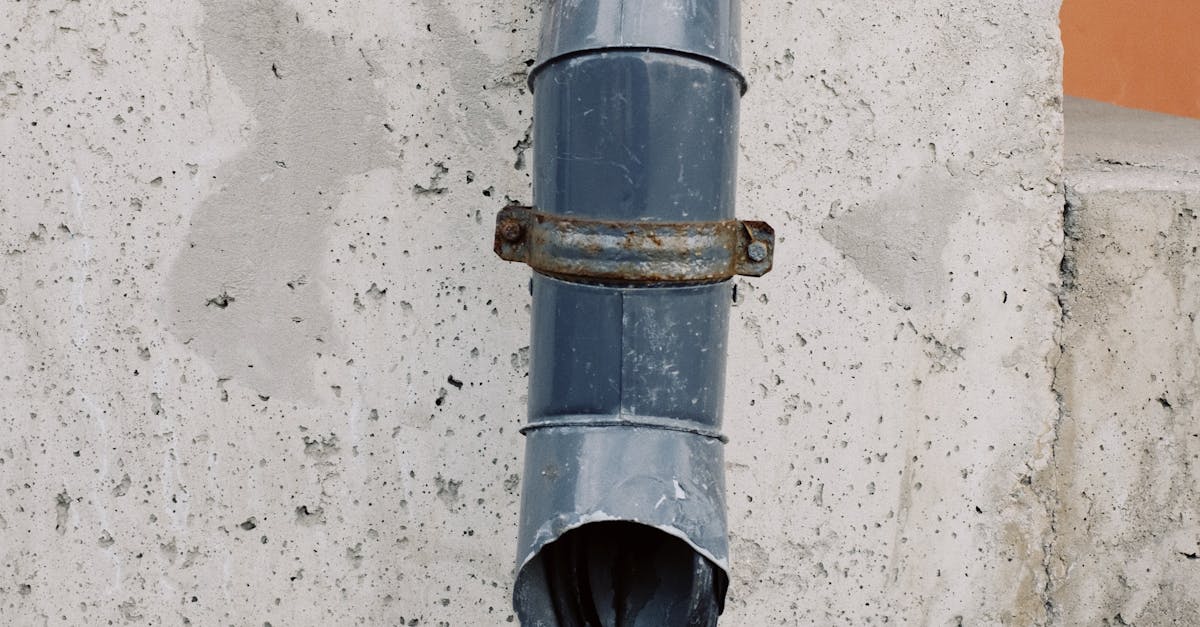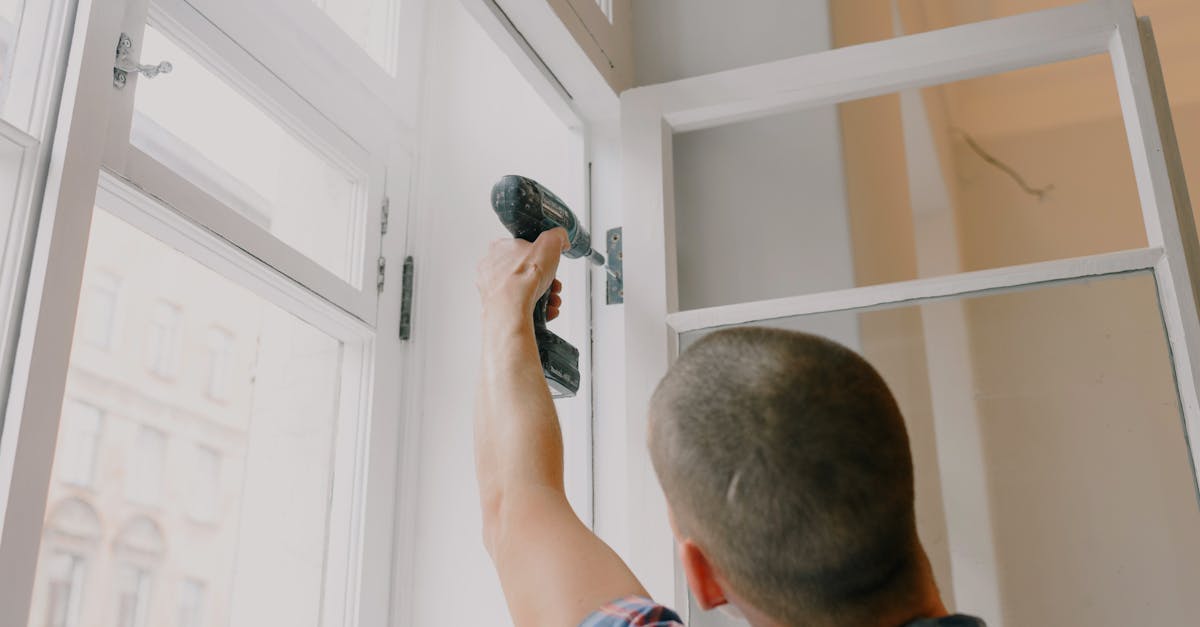
At PB Plumbing, we specialize in expert water heater installation and repair services to ensure that your home enjoys consistent hot water whenever you need it. Whether you're looking to upgrade to a more energy-efficient model or need urgent repairs for a malfunctioning unit, our skilled technicians are equipped with the knowledge and tools to handle any challenge. We pride ourselves on providing prompt, reliable service tailored to meet your specific needs, ensuring that every installation is seamless and every repair is effective. With PB Plumbing, you can trust that your water heater will be installed or repaired to the highest standards, giving you peace of mind and comfort in your home.
Maintenance Tips for Longevity
Regular maintenance is key to extending the life of your water heater. Flushing the tank at least once a year helps eliminate sediment buildup, which can affect efficiency and cause premature failure. Checking the anode rod, typically every three to five years, can also prevent rust from forming within the tank. Additionally, ensuring the temperature setting is around 120 degrees Fahrenheit can reduce energy costs and decrease the risk of scalding.
Inspecting the exterior of the unit for any signs of leaks or corrosion is another important step. Keeping the area around the heater clear of debris and clutter aids in proper ventilation and accessibility during repairs. Lastly, schedule a professional inspection periodically to address any potential issues before they turn into costly repairs. These simple practices can greatly enhance the performance and lifespan of your water heater.
Essential Services for Your Water Heater
Regular maintenance is crucial for the efficient operation of your water heater. Services such as flushing the tank to remove sediment build-up can significantly enhance the unit’s performance. Additionally, checking the anode rod is essential. This rod prevents corrosion inside the tank. Replacing it when necessary can extend the lifespan of your heater and maintain water quality.
Inspections by a professional plumber can catch potential issues before they escalate. A thorough examination of the heating elements, thermostat, and gas connections is important. This helps ensure safe and reliable operation. Regular inspections can also lead to energy savings, as a well-maintained water heater operates more efficiently, directly impacting utility bills.
Troubleshooting Common Issues
Identifying issues with your water heater can save you time and money. Common problems include strange noises, inconsistent water temperature, and leaks. If you notice unusual sounds coming from the unit, it might indicate sediment buildup at the bottom of the tank. Flushing the tank can often resolve this issue. Inconsistent water temperatures may signal a failing thermostat or an element that needs replacement. Checking these components regularly can help maintain a steady supply of hot water.
Leaks are a more serious concern and often require immediate attention. Small leaks may be fixed with pipe sealants or tightening connections, while larger leaks can suggest significant damage to the tank itself. Inspect the area around the heater for signs of corrosion or rust, as these indicators reveal potential issues. If the leak persists despite your efforts, professional assistance may be necessary to address the underlying problem effectively.
Simple Fixes You Can Try
If your water heater is producing strange noises, it may just need a simple flush to remove sediment buildup. Over time, minerals can accumulate at the bottom of the tank, leading to rumbling sounds. Draining the tank to clear out this buildup can restore quiet operation and improve efficiency. Another common issue is inconsistent water temperature, which can often be fixed by adjusting the thermostat or ensuring that the heating element is functioning correctly.
Inadequate hot water supply can sometimes be remedied by checking the temperature setting on your thermostat. If it is set too low, hot water may run out faster than it should. Additionally, inspect the anode rod, which helps prevent tank corrosion. A corroded anode rod may need replacing, and doing so can extend the life of your heater. Regular checks and minor adjustments can often go a long way in ensuring your water heater runs smoothly and efficiently.
Upgrading Your Water Heating System
Homeowners often reach a point where their existing water heating systems no longer meet their needs. This situation can arise due to various factors such as increased household size, changes in water usage behavior, or simply the age of the unit. Upgrading to a more efficient model can provide significant advantages, including reduced energy costs and improved performance. Newer systems, especially tankless heaters, offer on-demand hot water, which can be particularly beneficial for larger families or those with high hot water demands.
When considering an upgrade, it's essential to evaluate the specific requirements of your household. Assess factors like the capacity of the water heater, energy efficiency ratings, and available installation space. Modern water heaters come in diverse styles, including solar-powered and hybrid models. Each option has unique features that cater to different needs. Consulting with a professional plumber can provide valuable insights into the best choices for your situation, ensuring you invest in a system that aligns with your lifestyle and budget.
When to Consider an Upgrade
An increase in energy bills may signal that your current water heating system is no longer efficient. Older models tend to consume more energy, leading to higher costs for homeowners. If the unit frequently requires repairs, this can add to your expenses over time. Investing in a new system may not only enhance performance but also reduce ongoing maintenance costs.
Another key factor is the age of your water heater. Most traditional units last around 10 to 15 years. If yours is approaching this timeframe, it might be worth considering an upgrade. Newer technologies offer improved efficiency and features, such as faster heating times and smart technology compatibility, making them a great choice for modern homes.
FAQS
How often should I perform maintenance on my water heater?
It's recommended to perform maintenance at least once a year to ensure optimal performance and longevity. This includes flushing the tank, checking the anode rod, and inspecting for leaks.
What are some signs that my water heater needs repairs?
Common signs include inconsistent water temperatures, strange noises coming from the unit, visible leaks, or discolored water. If you notice any of these issues, it's best to consult a professional.
When should I consider upgrading my water heating system?
Consider upgrading if your water heater is over 10-15 years old, requires frequent repairs, or if your household's hot water needs have changed significantly.
Can I troubleshoot water heater issues myself?
Yes, many minor issues can be troubleshot at home, such as checking the thermostat setting, resetting the circuit breaker, or examining the pilot light. However, for more complex problems, it’s advisable to contact a professional.
What factors should I consider when selecting a new water heater?
Important factors include the type of water heater (tank vs. tankless), energy efficiency ratings, capacity based on household needs, and the available energy source (electric, gas, or solar).


